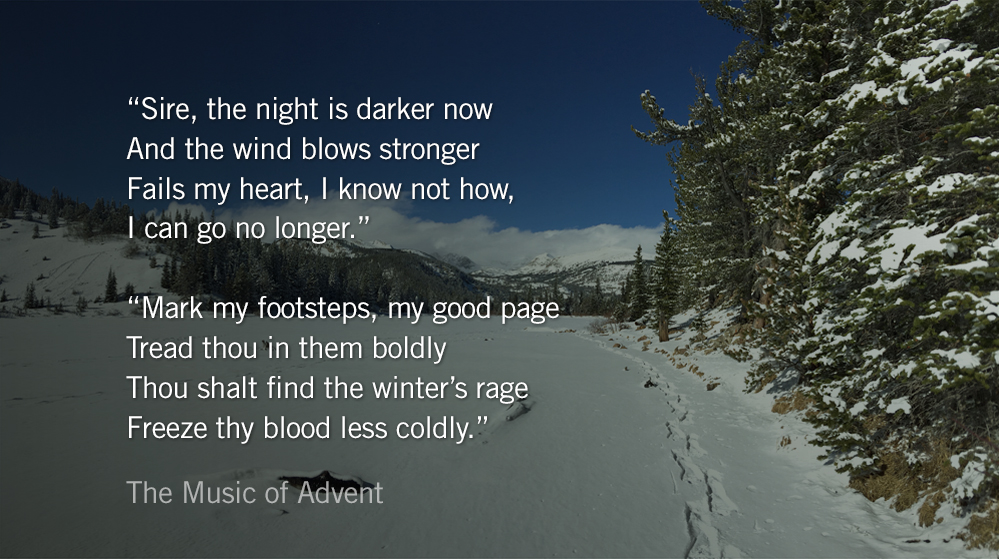Modern Christianity speaks often of “idolatry.” In once sense the term is outdated—harkening an era of statues and animism. Yet in another it is radically seasonable. Psychiatrist David Powlison explains:
What happens to the Gospel when idolatry themes are not grasped? “God loves you” typically becomes a tool to meet a need for self-esteem in people who feel like failures. The particular content of the Gospel of Jesus Christ—”grace for sinners and deliverance for the sinned-against”—is down-played or even twisted into “unconditional acceptance for the victims of others’ lack of acceptance.”
Where “the Gospel” is shared, it comes across something like this: “God accepts you just as you are. God has unconditional love for you.” That is not the biblical Gospel, however. God’s love is not Rogerian unconditional positive regard writ large.
Dr. Powilson’s masterful work, Idols of the Heart and “Vanity Fair” explores the immense power idols have on modern life:
Idols define good and evil in ways contrary to God’s definitions. They establish a locus of control that is earth-bound: either in objects (e.g., lust for money), other people (“I need to please my critical father”), or myself (e.g., self-trusting pursuit of my personal agenda). Such false gods create false laws, false definitions of success and failure, of value and stigma. Idols promise blessing and warn of curses for those who succeed or fail against the law.
A culture’s idols are not simply its statues, but the things it pours the most energy and resources into worshiping. Ancient cultures built structures that survived millennia; U.S. investment portfolios designed around the 7 deadly sins outperform the S&P 500 every quarter. Startup investing Motif Investing explains:
Some luxuries see reduced demand during tough times. But smokers could keep smoking, drinkers keep drinking, and the lustful keep…lusting. Bad habits are hard to break. And when times are rough, who wants to even try? Nobody can predict the markets, but consumers are only human. And economic conditions may not be able to defeat their appetites for sinful stuff.
Christianity challenges the faithful to sacrifice their life of idolatry—not in a misguided attempt at moralism, but because the gospel offers something infinitely more valuable. Powilson concludes:
The Gospel is better than unconditional love. The Gospel says, “God accepts you just as Christ is. God has ‘contra-conditional’ love for you.” Christ bears the curse you deserve. Christ is fully pleasing to the Father and gives you His own perfect goodness. Christ reigns in power, making you the Father’s child and coming close to you to begin to change what is unacceptable to God about you. God never accepts me “as I am.” He accepts me “as I am in Jesus Christ.” The center of gravity is different. The true Gospel does not allow God’s love to be sucked into the vortex of the soul’s lust for acceptability and worth in and of itself. Rather, it radically de-centers people—what the Bible calls “fear of the Lord” and “faith”—to look outside themselves.
Weekend Reading List
- Idols of the Heart and “Vanity Fair”. David Powlison for The Journal of Biblical Counseling.
- The Three Callings Of A Christian. Andy Crouch for The Washington Times.
- Investing In ‘Sin Stocks’. Hardeep Walia video with CNBC (3:46).
- Tears and Teen Idols: Why Fans Can’t Let Go. Marie Maurer for Huffington Post UK.
Today’s Reading
Isaiah 28 (Listen – 4:49)
2 John (Listen – 1:50)
This Weekend’s Readings
Isaiah 29 (Listen – 3:55) 3 John (Listen – 1:51)
Isaiah 30 (Listen – 5:52) Jude (Listen – 4:12)
Monday’s Reading
Isaiah 31 (Listen – 1:49)
Revelation 1 (Listen – 3:43)



